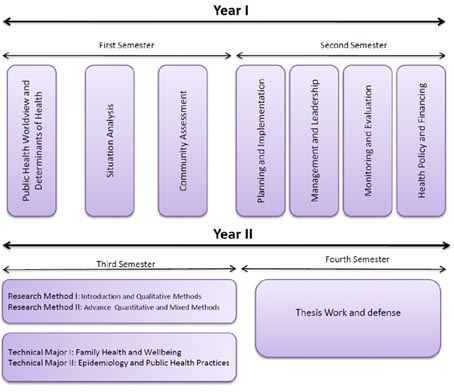School of Public Health
Established: 2017
Mission:
To produce forward-thinking, nationally responsive, and high-quality public health graduates.

Goals
The School of Public Health (SoPH) aims to improve the health and well-being of Nepal’s population by:
- Advocacy: Promoting public health.
- Policy Development: Engaging in health policy creation.
- Program Management: Planning, implementing, managing, and evaluating health programs.
- Equitable Access: Ensuring quality health services for all, especially the poor, rural, marginalized, and underserved populations.
- Research: Conducting applied public health research.
Educational Approach
SoPH trains public health graduates through:
- Case-Based Discussions
- Skill Development Workshops
- Structured, field-based experiences over two years.
- Support from an International Advisory Board.
Vision
SoPH strives to be a center of excellence for high-quality research on national and international public health issues. It actively contributes to programs, plans, and policies at all government levels.
Courses Offered
Master of Public Health (MPH) Program
- Enrollment: 15 students per year.
- Selection: Through a common entrance exam by the Medical Education Commission, Nepal.
- Scholarship Obligation: Scholarship students must work for a defined period at designated places as per the Ministry of Health and Population regulations.
Study Duration
- Total Duration: 2 years
- Structure: Four semesters
- Final Semester: Dedicated to thesis work
Teaching Methods
- Didactic Lectures
- Case-Based Discussions
- Reading-Based Discussions
- Group Work (Assignments, Presentations, Seminars)
- Journal Club
- Skill Development Workshops
- Field Studies
- Project Work
- Self-study
Competencies
Graduates of the MPH program will be able to:
- Ethical Behavior: Demonstrate professional ethics and commitment to social justice, human rights, and peace.
- Leadership: Act as leaders and change agents to promote health and development in Nepal.
- Historical Analysis: Analyze the historical context and trends of health issues in Nepal, linking them to social and environmental causes.
- Health System Analysis: Study the development of Nepal’s health system and its impact on population health.
- Social Determinants: Understand and illustrate the social determinants of key public health problems from local to global perspectives.
- Political Advocacy: Advocate within the political process to improve health equity.
- Community Partnership: Work effectively with communities.
- Data Analysis: Collect, analyze, and interpret qualitative and quantitative data, and share findings with stakeholders.
- Community Assessment: Conduct and use community assessments to inform health strategies.
- Epidemiology: Apply advanced epidemiology and public health practices to promote population health and innovate in public health problem prevention and control.
- Program Implementation: Plan and implement socially just and equitable health programs.
- Program Evaluation: Conduct formative and summative evaluations of programs, considering efficacy, efficiency, cost-effectiveness, and return on investment.
Assessment Plan
The PAHS-MPH program is a competency-driven, module-based course. Students must demonstrate all PAHS core competencies each semester before exams and thesis defense. Students are continuously assessed on presentation, participation, and assignments throughout each module. Summative exams occur at the end of each module and semester, with module assessments contributing 60% and end-semester exams 40% to the final grade. Overall academic performance is reported via Cumulative Grade Point Average (CGPA) using a letter grading system.
[ninja_tables id=”694″]
